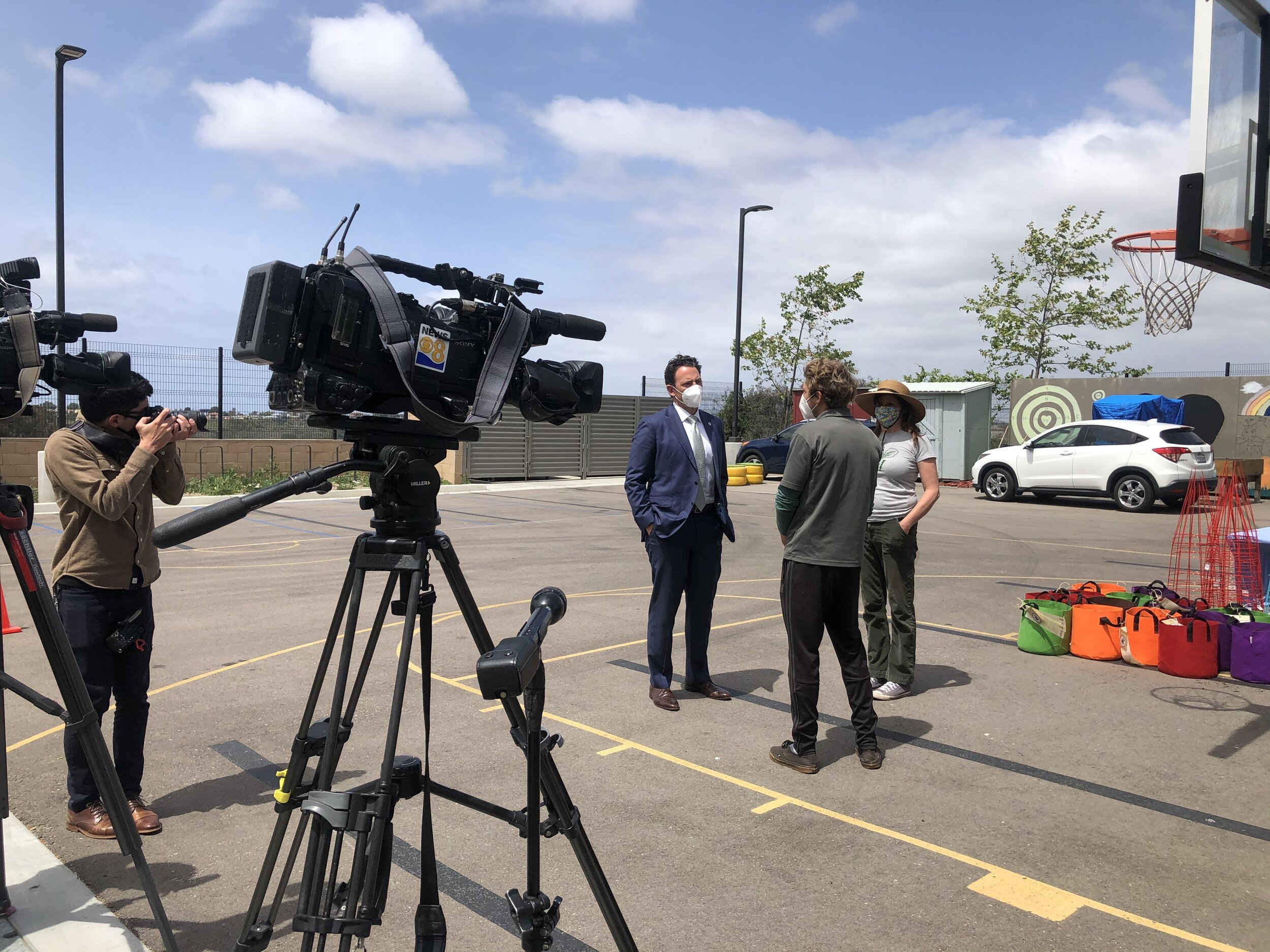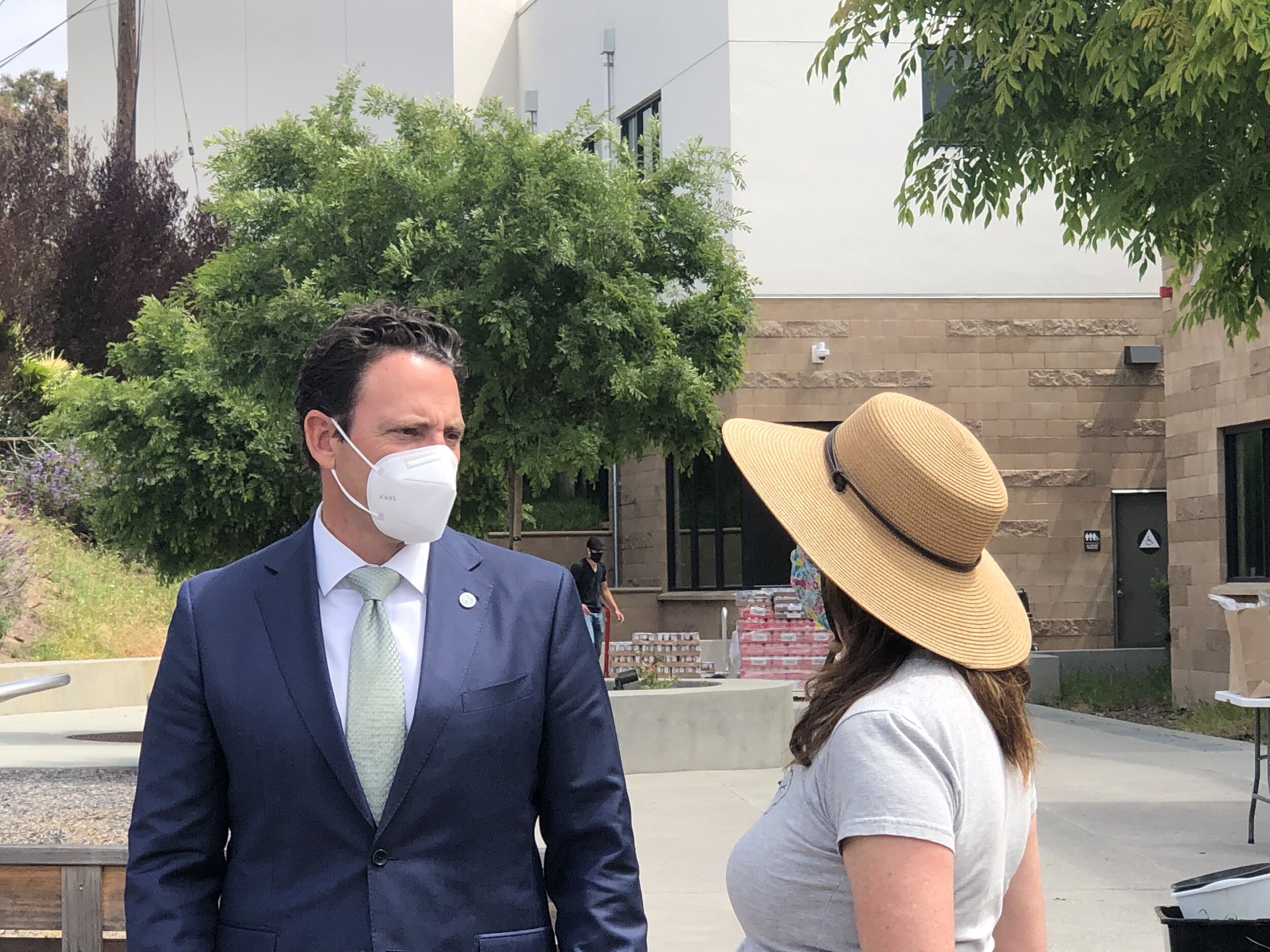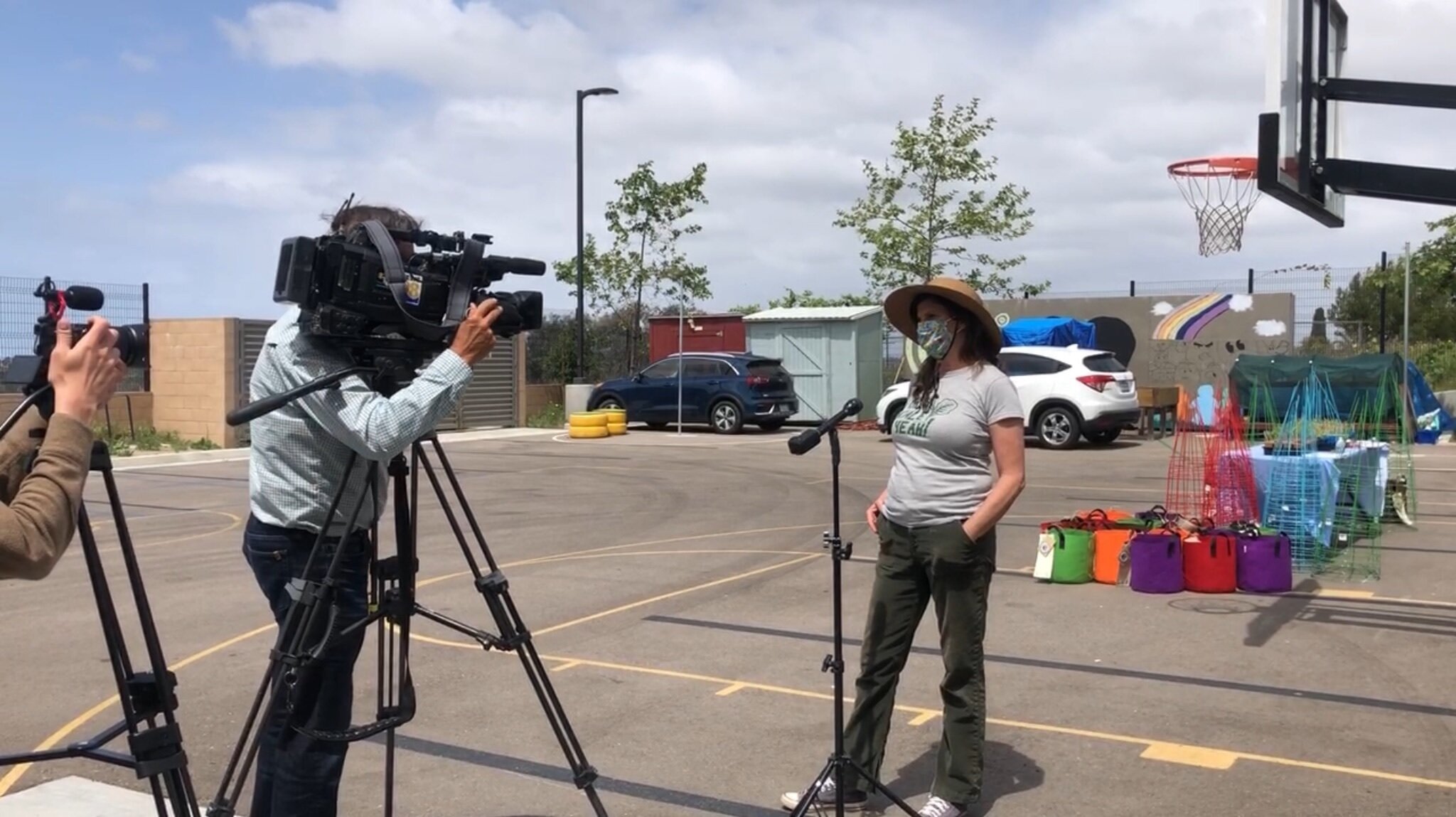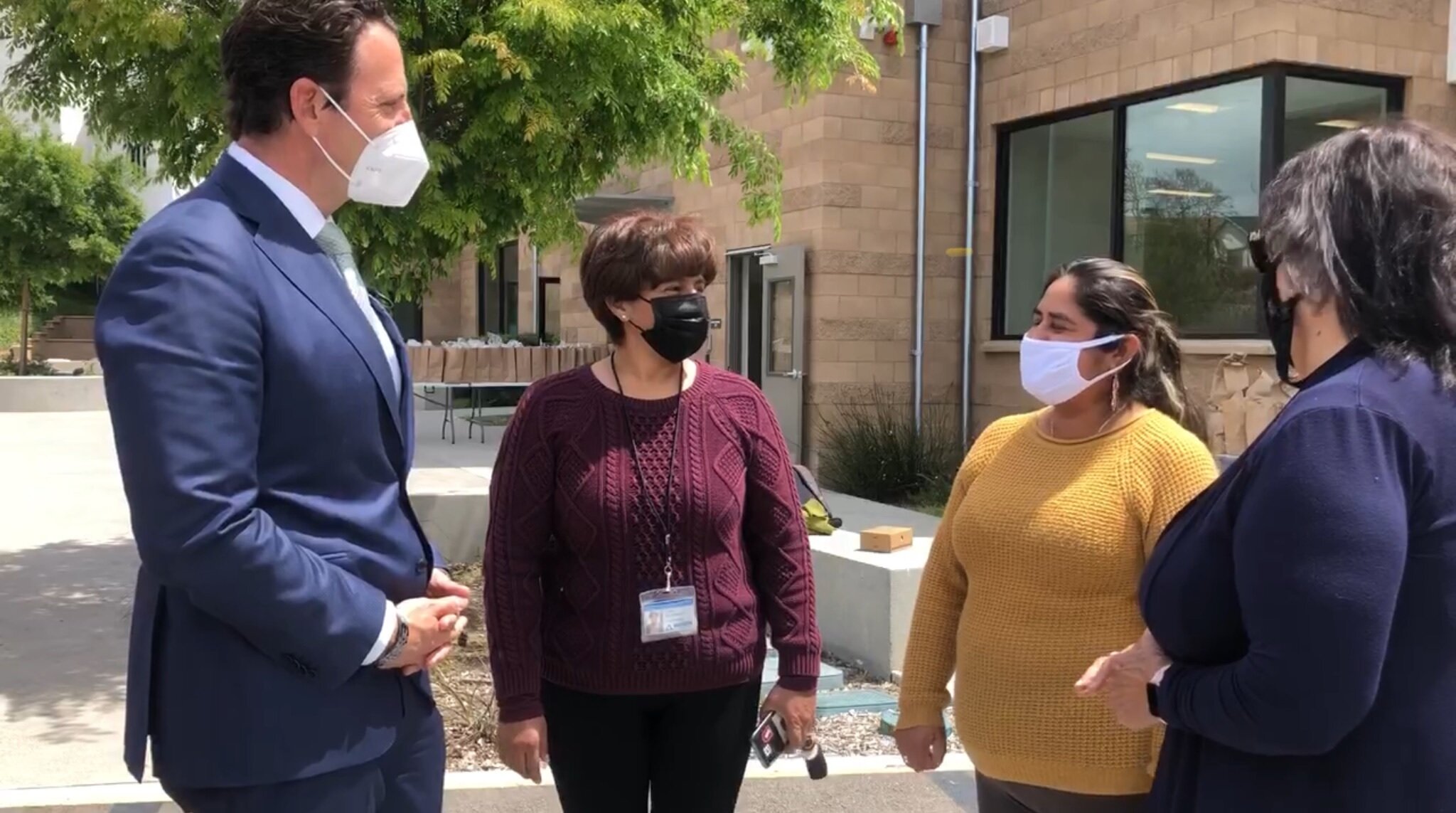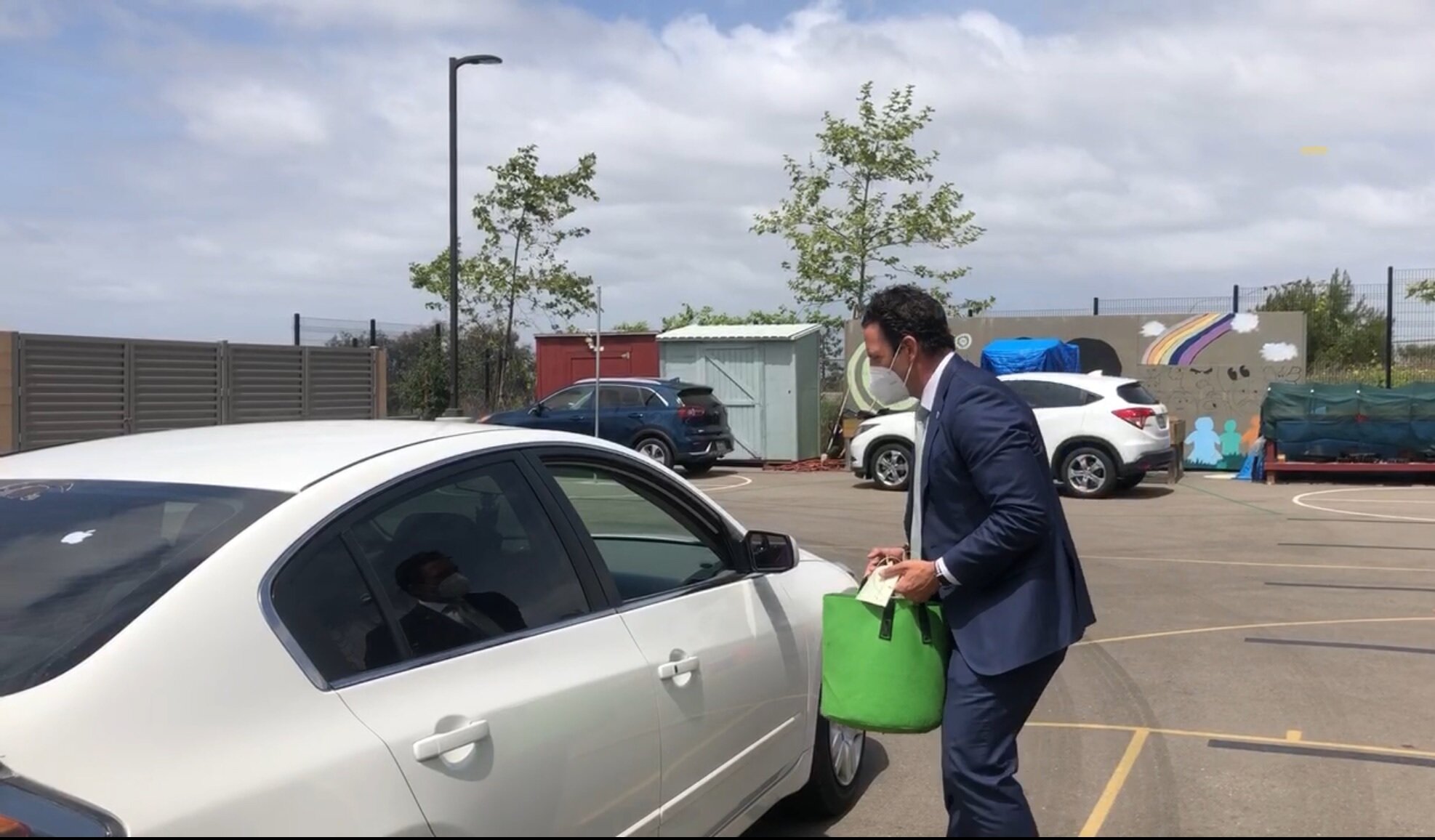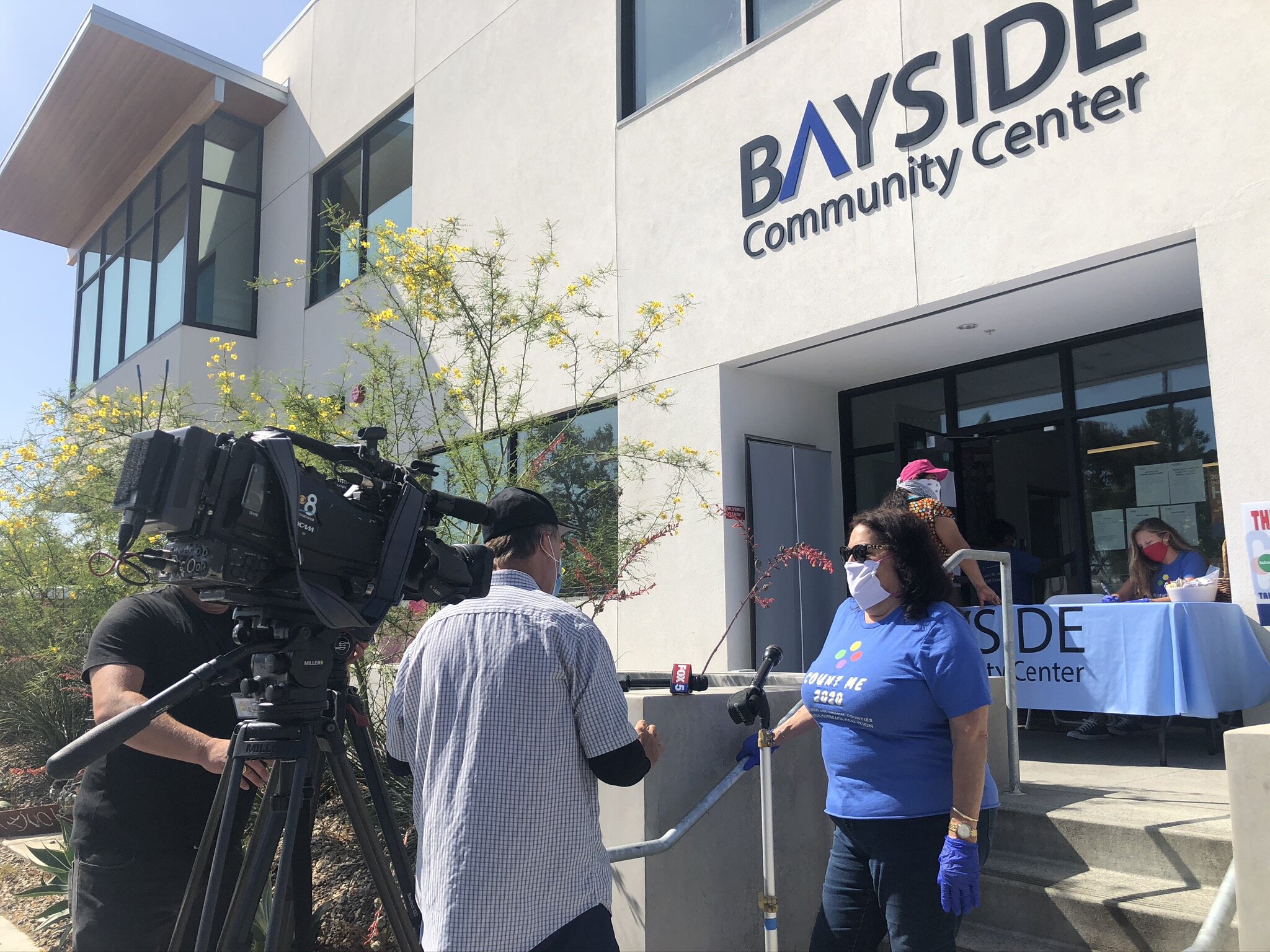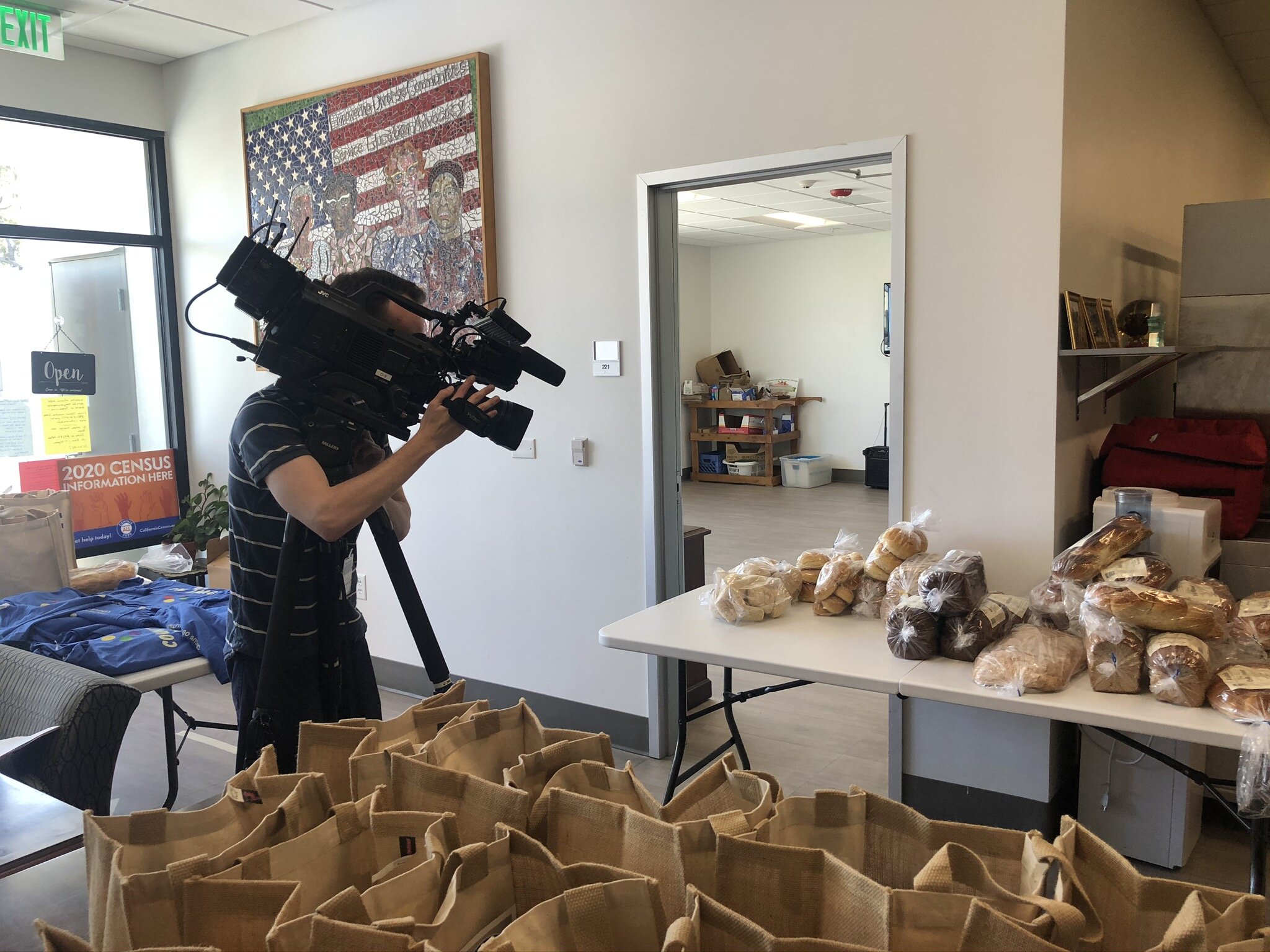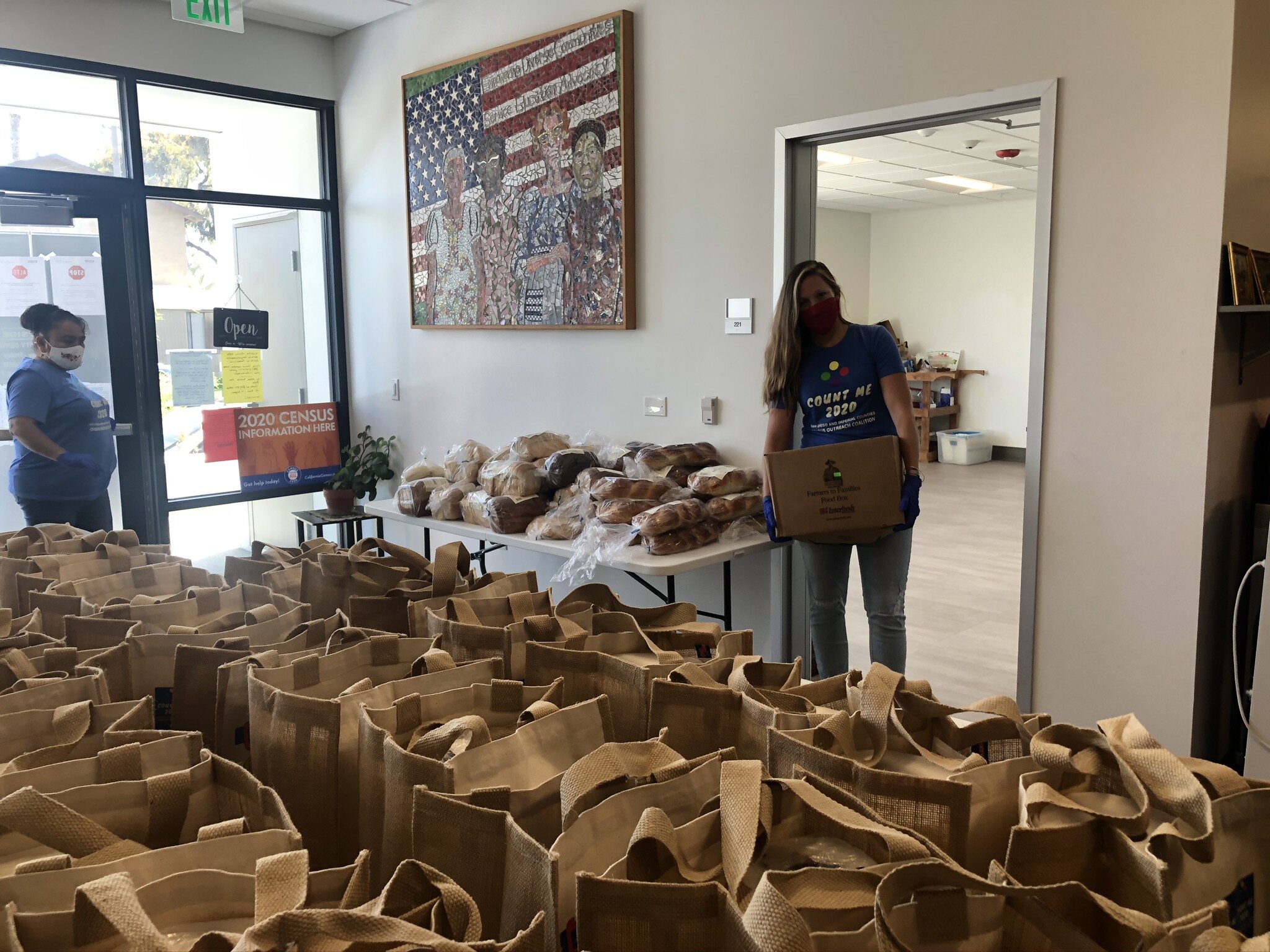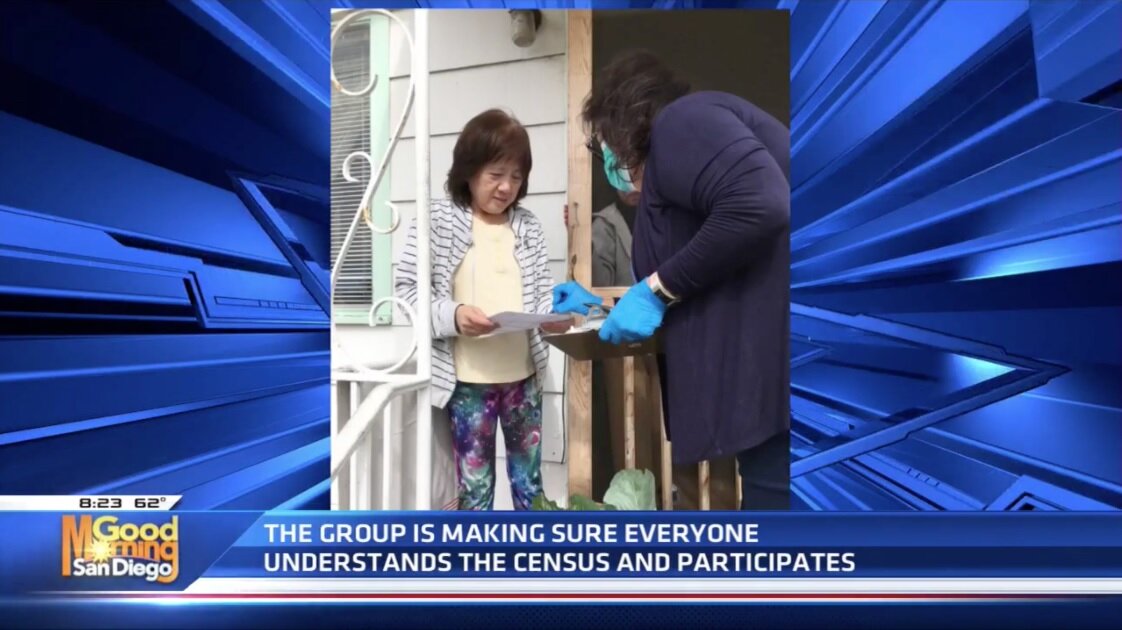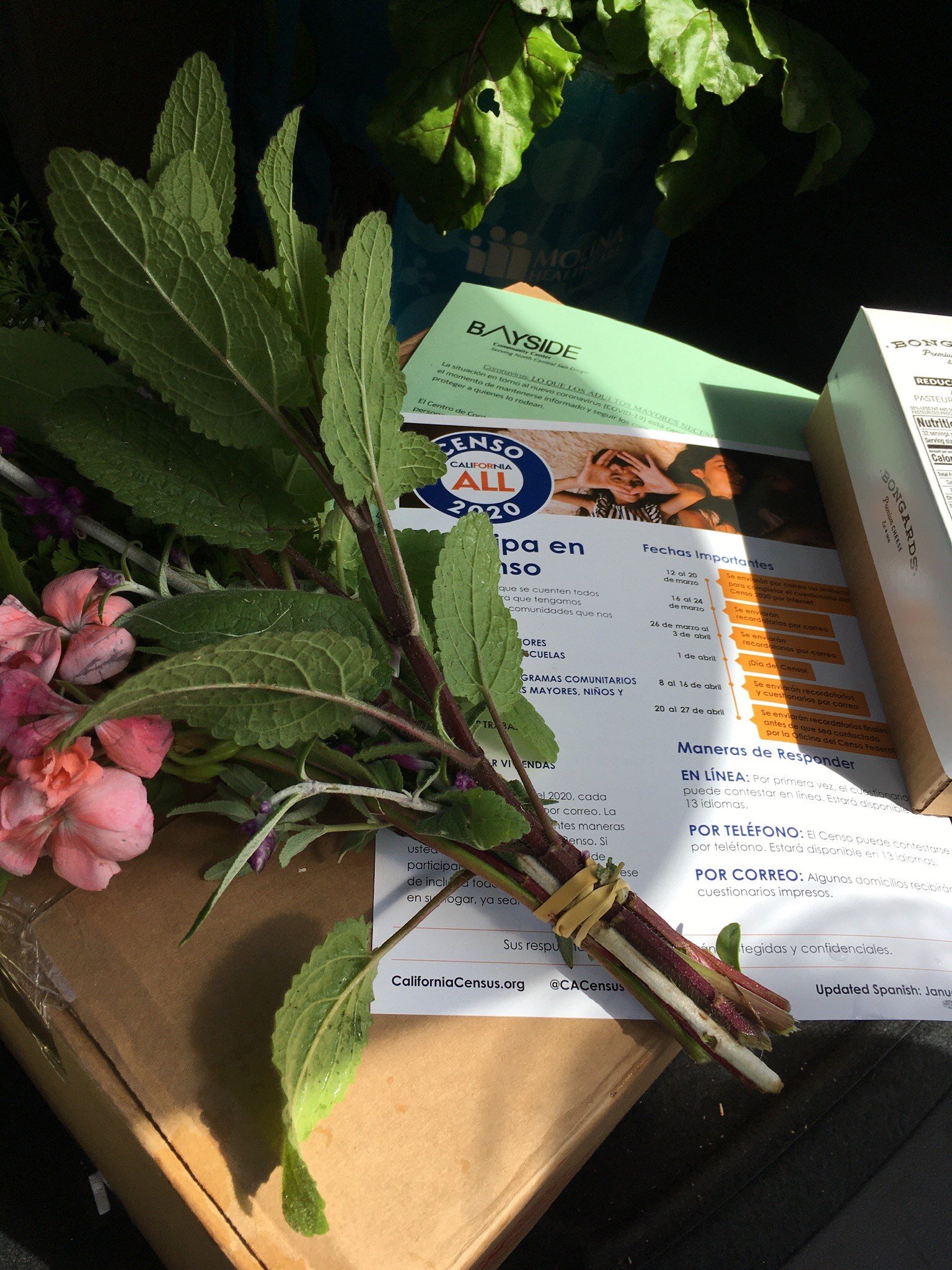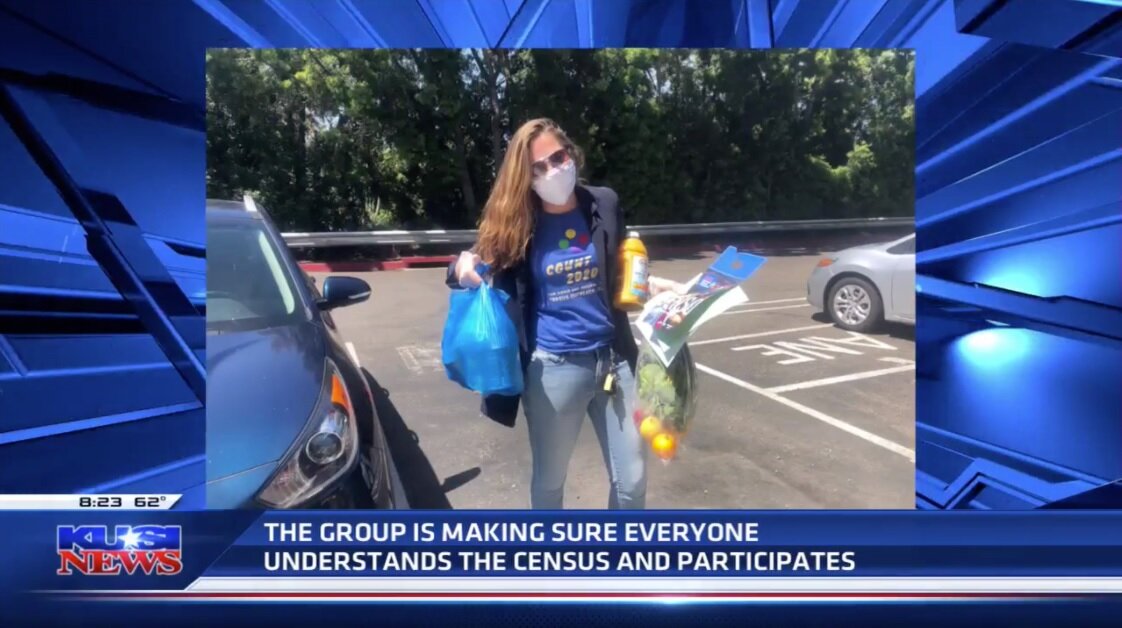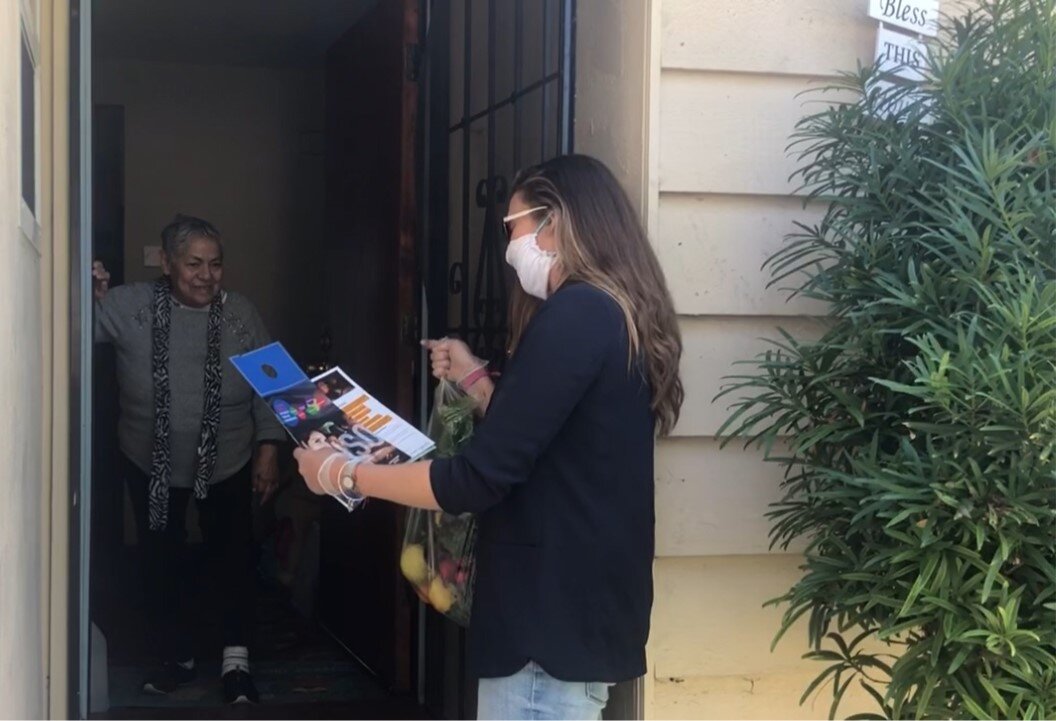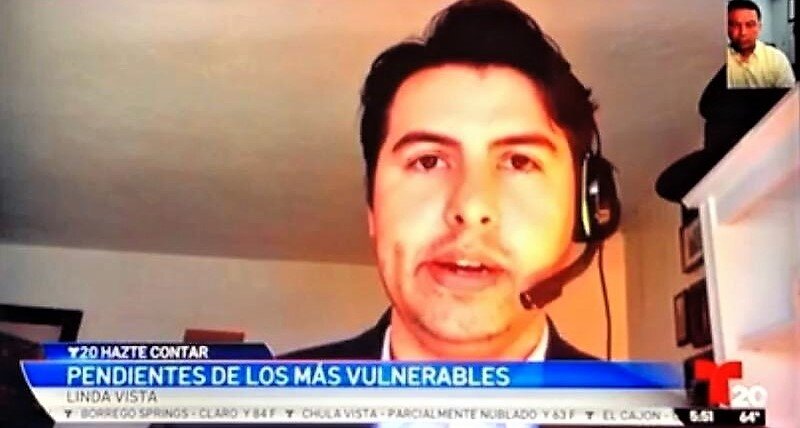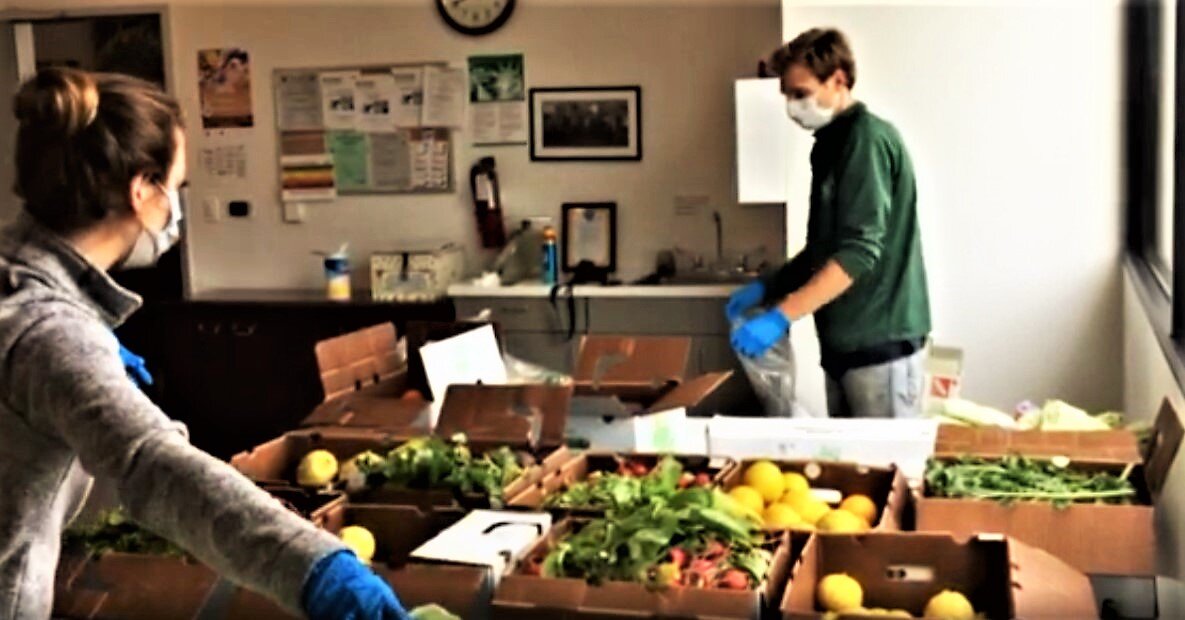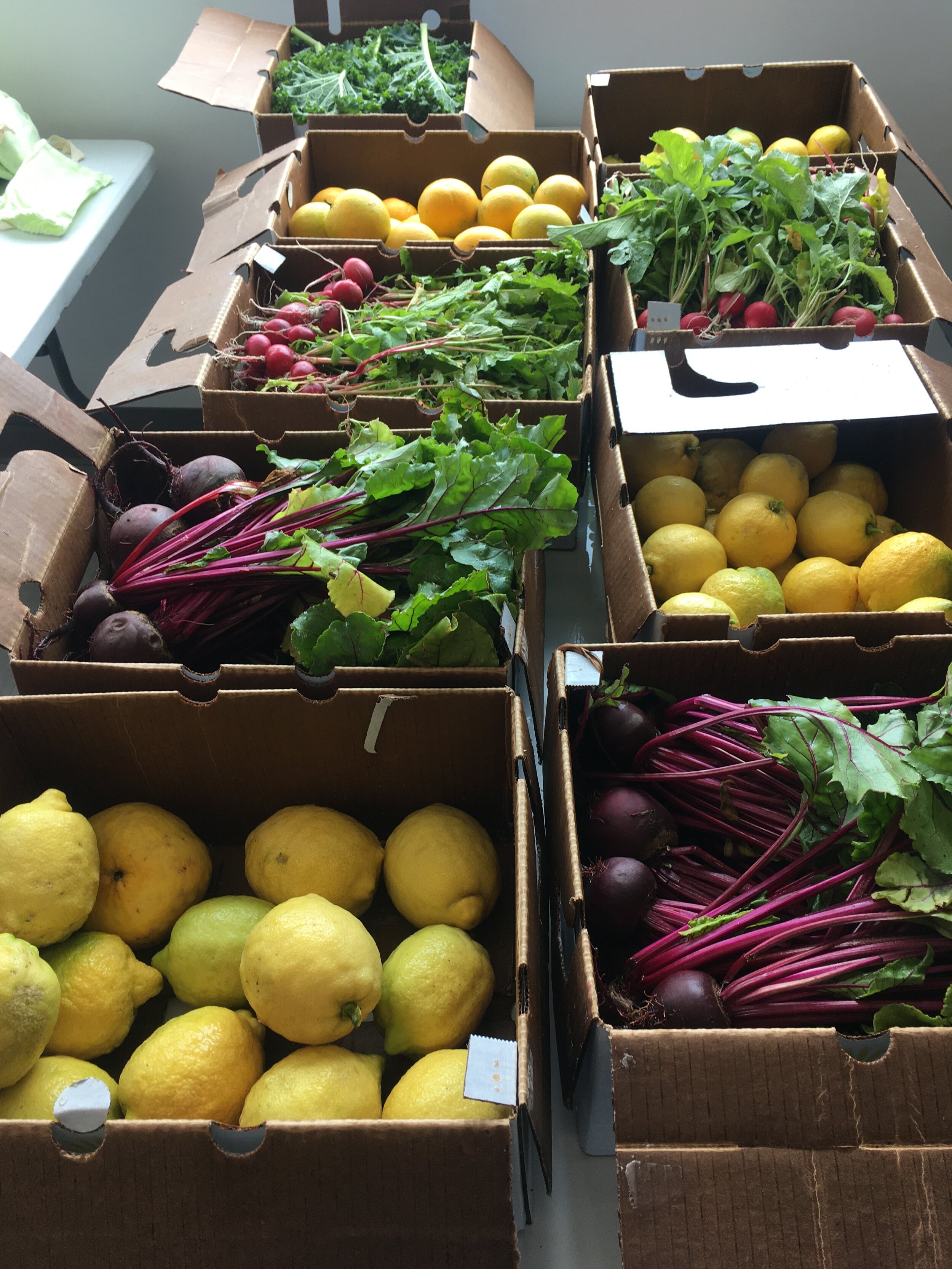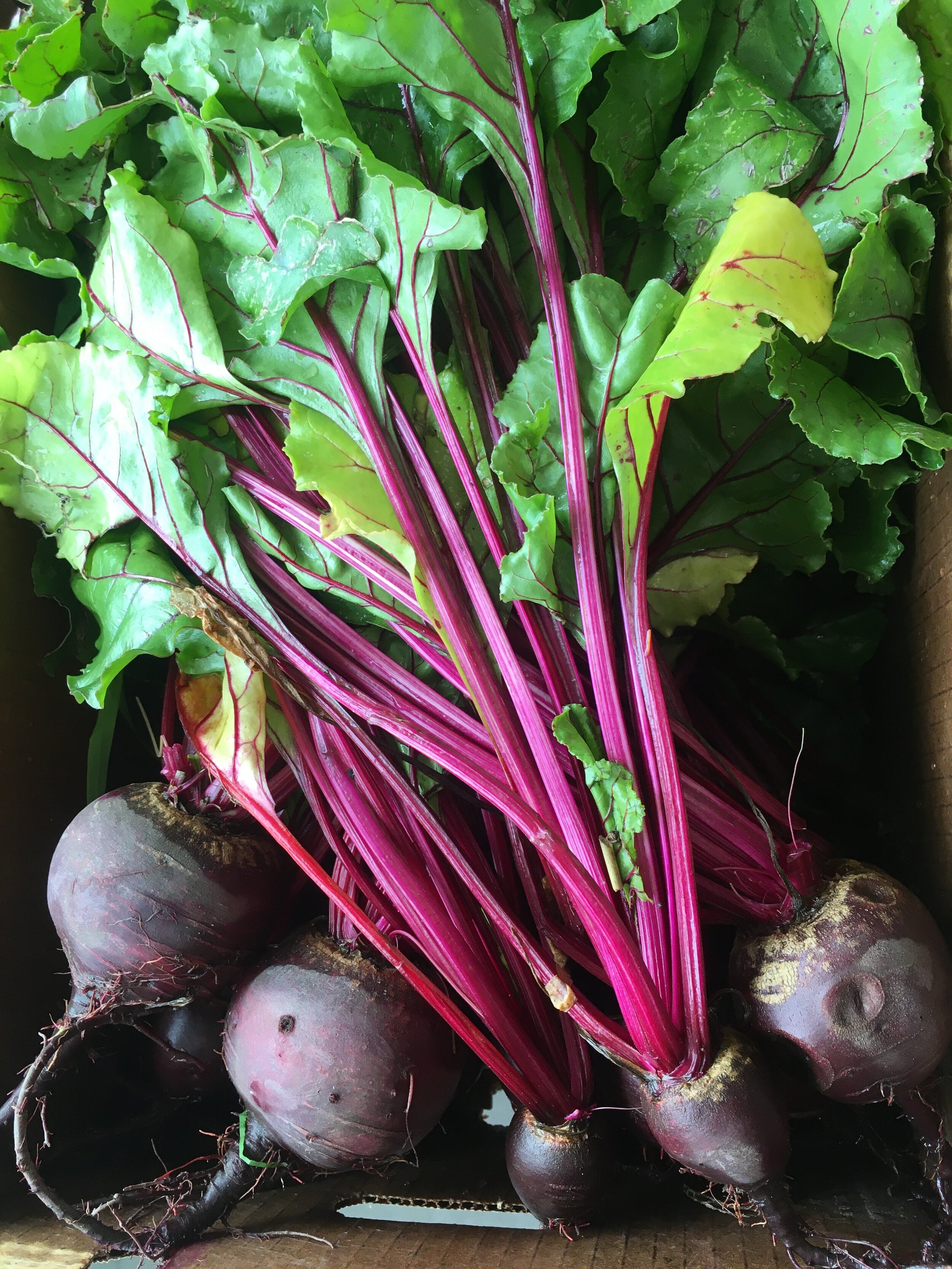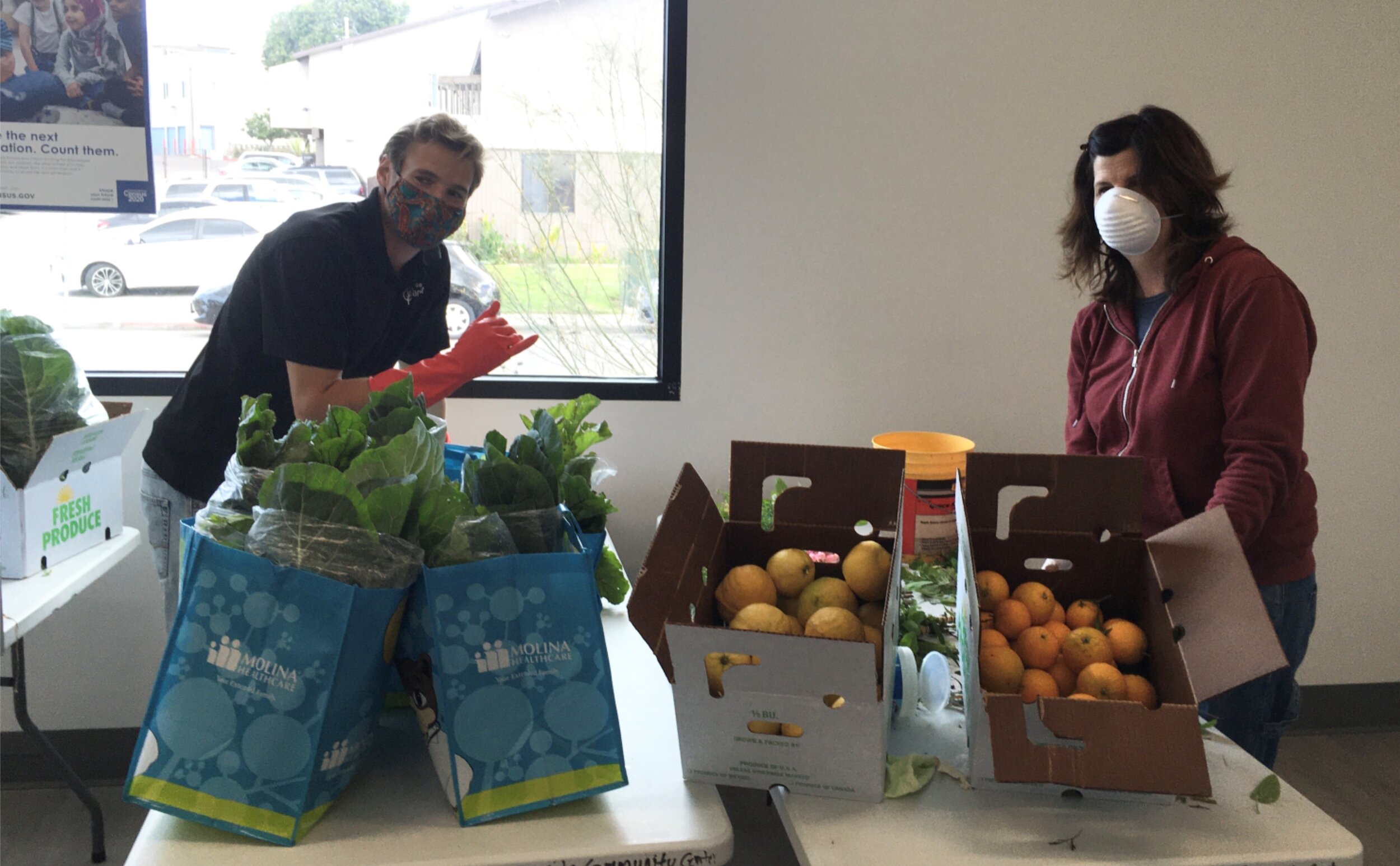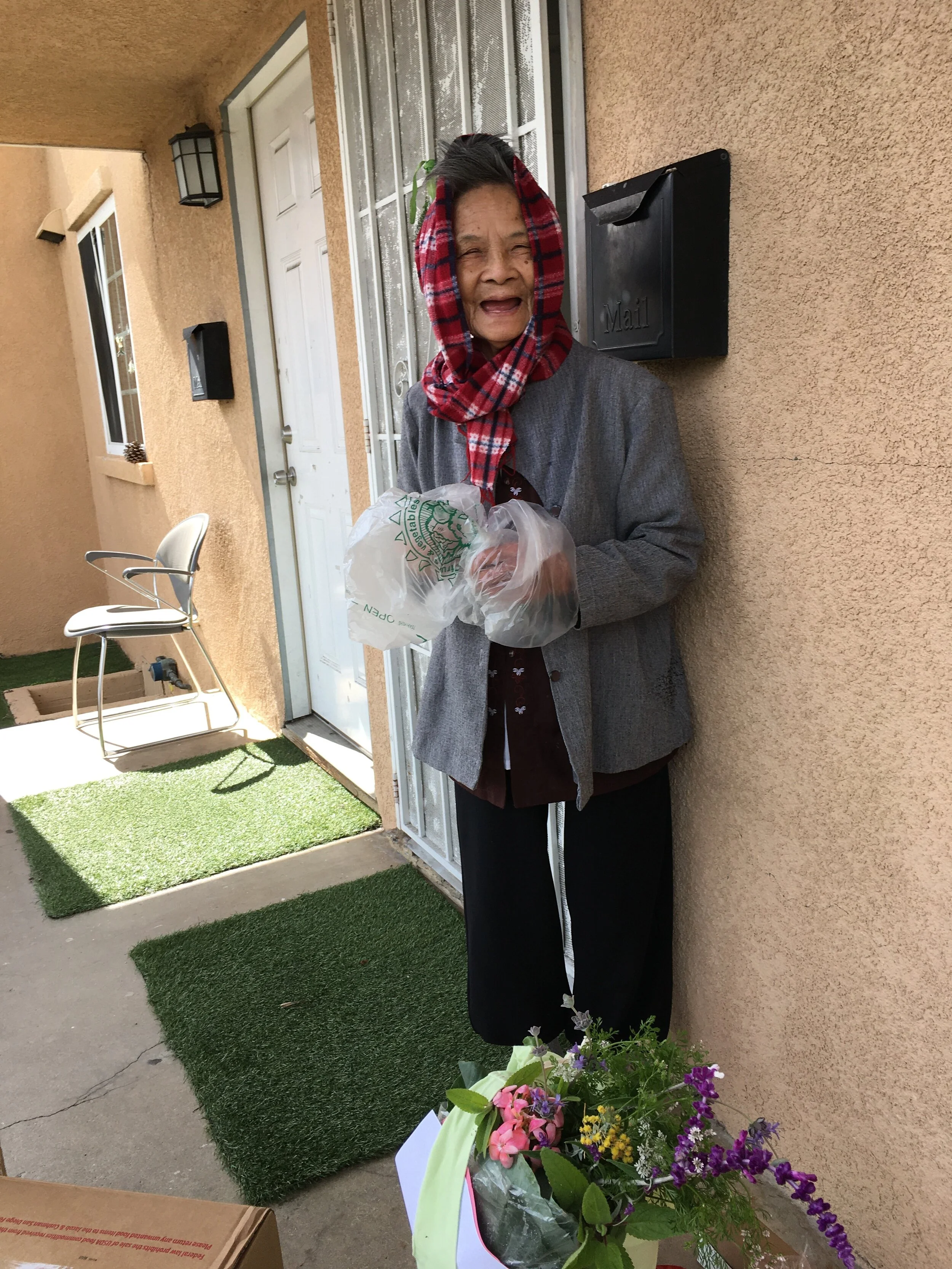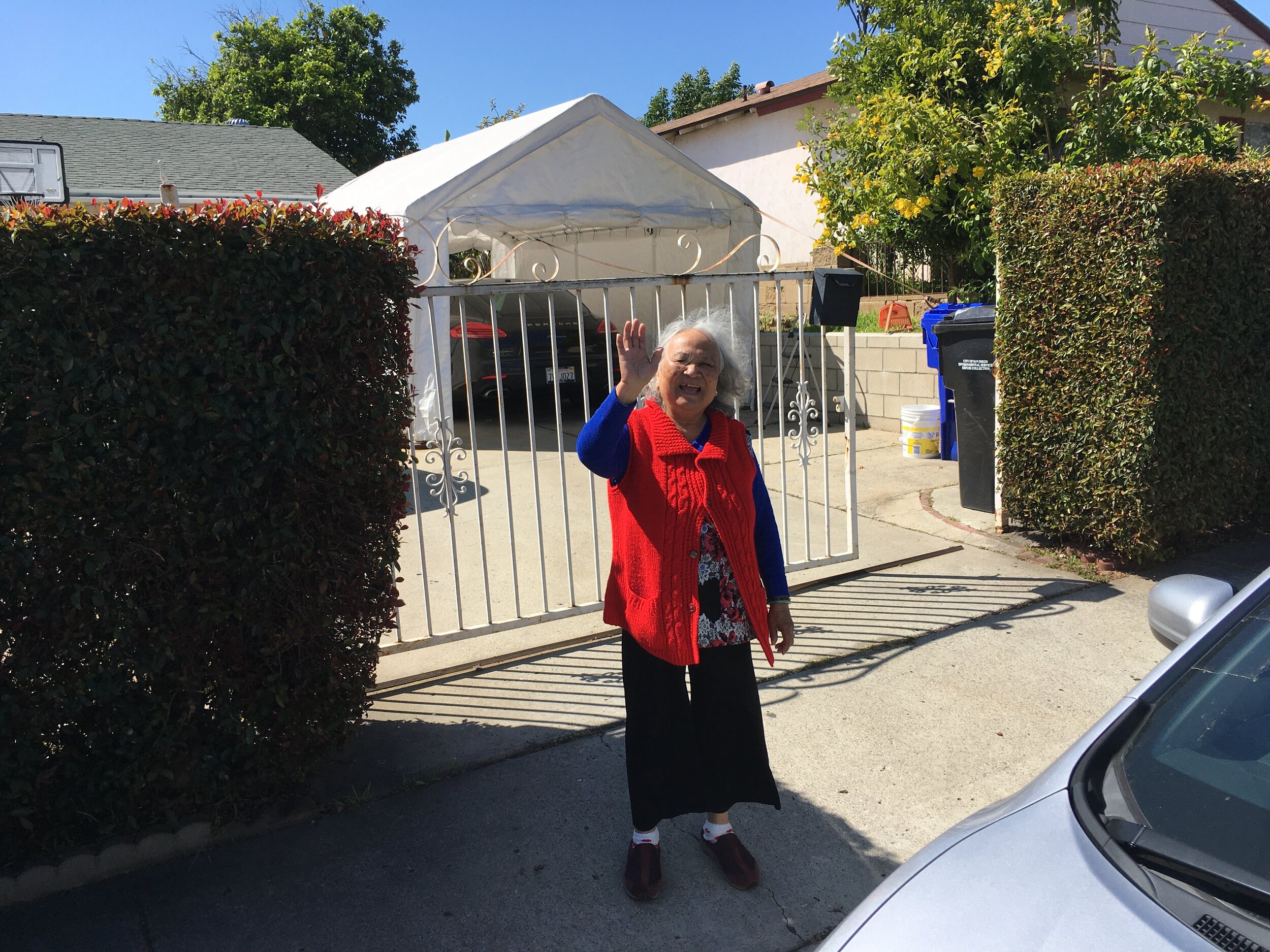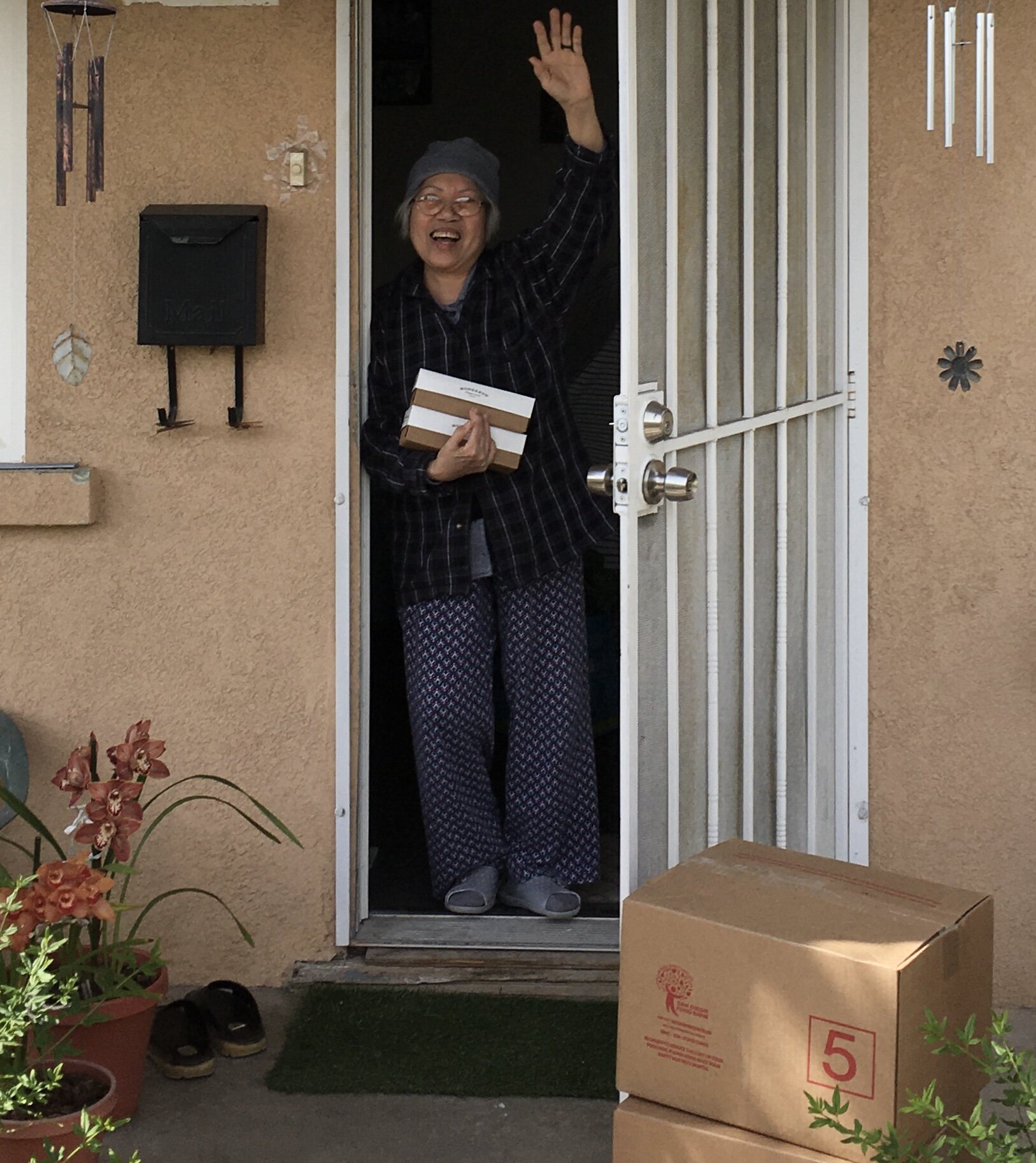Mayor Gloria Announces Housing Stability Assistance Program at Bayside
/Bayside Community Center hosted Mayor Todd Gloria and City Council member Raul Campillo last month to promote the City of San Diego’s COVID-19 Housing Stability Assistance Program. Read the full press release here or watch the recap video.
This program will make more than $83 million available to help qualifying households with rent and utility payments. In the program’s first four days, more than 4,000 households submitted applications and the first payments were disbursed earlier this month.
To be eligible for assistance through the program, households must meet the following criteria:
Tenant has a City of San Diego address.
Household income is at or below 80 percent of San Diego’s Area Median Income (AMI), currently $92,400 per year for a family of four.
Household has an obligation to pay rent.
Household does not currently receive any rental subsidies. (Households that receive rental subsidies can only apply for help with their past-due utilities. Assistance will depend on funding availability.)
At least one member of the household has a reduction of income or other financial hardship due to COVID-19.
Household experienced or is at risk of experiencing homelessness or housing instability.
Additionally, priority is given to these types of households:
Income is at or below 50 percent of San Diego’s AMI ($57,750 per year for a family of four).
At least one member of the household has been unemployed for 90 days and remains unemployed.
For assistance applying for the Housing Stability Assistance Program or for other housing related questions contact Bayside Community Center at rose@baysidecc.org or (858)278-0771.
Learn more about how Bayside Community Center is addressing housing insecurity here.



